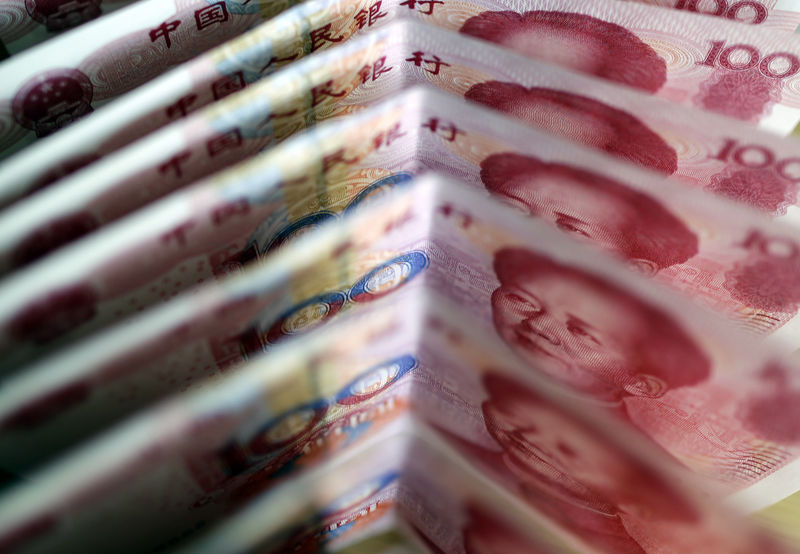TSX gains after CPI shows US inflation rose 3%
Investing.com -- Ray Dalio, the founder of Bridgewater Associates, suggests that the United States and China could negotiate a deal to strengthen the Chinese yuan in exchange for a reduction in tariffs. Dalio, who recently had meetings with senior Chinese leaders, shared these insights in a recent post on X.
Dalio’s comments come in the wake of recent tariff announcements, which he believes will have significant economic impacts. According to Dalio, these tariffs could lead to stagflation in the U.S. and deflation or recession in the sanctioned countries. He also anticipates that these actions will trigger policy changes in all countries involved as they seek to mitigate these undesirable effects, primarily through their monetary and fiscal policies.
Dalio further predicted that reciprocal tariffs by China and other countries could have enormous impacts. He also speculated that negotiations over a US-China deal to strengthen China’s RMB relative to the USD in exchange for some trade relief could take place. If such a deal occurs, it could lead to more deflation and depression for China, which would then necessitate a more lenient monetary and/or fiscal policy in the country.
In his post, Dalio reiterated the need for balance in the production, trade, and capital imbalances, which he believes are currently at dangerously unsustainable levels for monetary, economic, and geopolitical reasons. He warned that these imbalances would likely lead to abrupt and unconventional changes, as he describes in his new book, How Countries Go Broke: The Big Cycle.
According to Dalio, the long-term monetary, political, and geopolitical effects will largely depend on the trust in the quality of the debt and capital markets as a safe store-hold of wealth, countries’ productivity levels, and the political systems that make countries attractive places to live, work, and invest.
Dalio also emphasized the importance of a balanced portfolio across asset classes and geographies, informed by which assets perform well in different inflationary and growth environments. He anticipates that the impending changes in the monetary, domestic political, and international geopolitical orders will pose significant challenges and opportunities for investors.
This article was generated with the support of AI and reviewed by an editor. For more information see our T&C.
